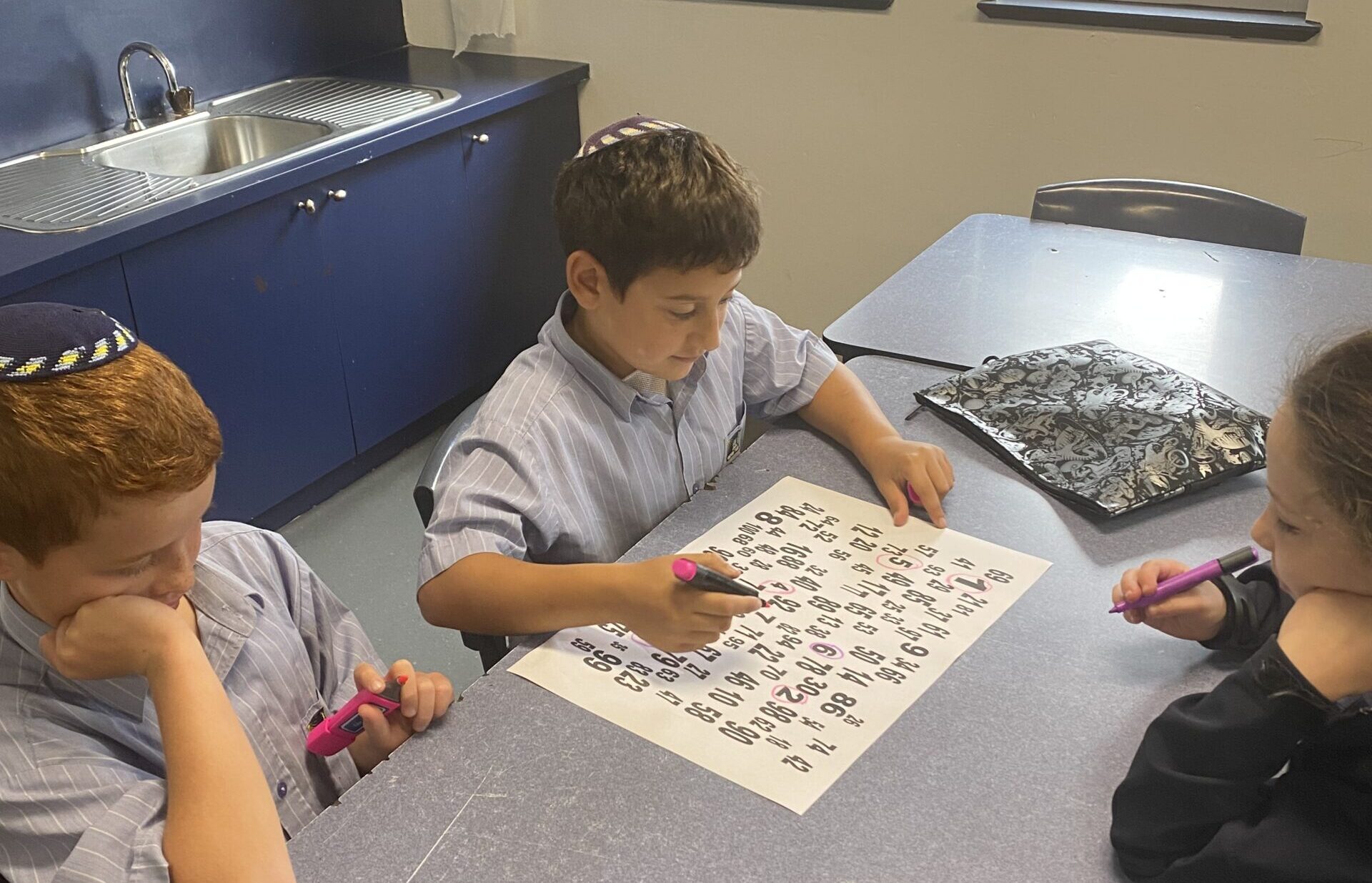
05 May Assessment: the What, How and Why by Hailey Joubert – Head of Primary School
When parents think of assessments, they tend to think of formal tests conducted by the teacher or standardised testing set by the state government. There is so much more to assessments. Everything that we do in and out of the classroom provides a range of formal and informal data which can be informative when attention is paid to it. Teachers, primary especially, are always observing, analysing and wondering, “What is this student revealing to me about themselves , their learning and wellbeing?”
Teachers collect a range of data including: evidence of thinking and problem solving skills, ability to collaborate and work independently, self-management skills, research and communication skills. Equally important is data that reveals to what degree a student can be curious, open-minded, persistent, take risks, empathise , flexible, reflective, responsible, resilient, etc.

Our understanding of learning and assessment have changed over time. John Hattie and many other experts in education now agree that learning is more than the acquisition of knowledge and skills gained through experience, study or by being taught. At one stage in the history of education, certainly when I was at school, learning was all about memorization and recall and students’ performance on summative assessments was used as the sole measure of whether or not they had learned something.” (1) Parents (and educators) can still subscribe to this type of learning and based on this thinking, question the teachers’ assessment of their child’s ability.
More recently, assessments have been redesigned “to measure deeper levels of knowledge, focused on students’ ability to apply concepts, skills and strategies in unfamiliar situations and to continue to acquire information and ideas on their own as evidence of learning.” Hattie and his colleagues believe that “students, teachers, and families should value memorization and recall IF it then leads to reducing students’ working memory demand so that they can go on to understand conceptual relationships, extend their ideas and think critically.” (1)
My Year 3 Mathematics’ students had a lot to say about the positives and negatives of being formally assessed. Their thoughts were validated by older and younger students. This is what they had to share:

For teaching and learning, instruction and assessment go hand in hand and the relationship between them is continuous and reciprocal. “Formative assessment is the dominant means by which teachers and students gather evidence of growing understandings and mastery of skills in order to give timely feedback and design new learning opportunities.” (1) Assessment serves a purpose:
Assessment FOR learning: this is when teachers use the data they have gathered and analysed to inform their planning and teaching. This also informs feedback to students.
Assessment AS learning: this is when students assess themselves. Students are provided with opportunities to reflect on their own learning and their progress towards their goals and identify their next steps.
Assessment OF learning: this is when evidence is gathered about student achievement during and at the end of a unit. This type of assessment is often measured against outcomes/ standards.
A combination of skills and dispositions are needed for students to experience success and fulfilment in their learning. Teachers and peers provide feedback to students at different points in the learning process and during any given day. Reports provide feedback about these to parents in their written comment and in the learning habits, which are reported against in each of the core subjects.
Learning is a complex process and should be viewed along a continuum with an emphasis on effort and progress over time. Learning is ongoing and not finite. It is also important to keep in mind each child learns at their pace, and this can vary from subject to subject and year to year.
At the end of Term 2, primary parents will receive their child’s report for Semester One. Teachers will have spent many hours preparing a global comment for each child. Teachers have also taken into consideration formative and summative assessment data, as well as anecdotal observations of your child’s learning dispositions/ habits in their lessons. When you receive your child’s report, take the time to read their teachers’ comments, as well as noticing the information about your child’s learning habits. Reports are written for parents not students. Should you choose to share their report with your child, my strong recommendation is to focus on your child’s effort and dispositions, and to celebrate your child’s growth with them.
- “Developing assessment-capable visible learners” by Nancy Frey, John Hattie and Douglas Fisher (2018)
- “The Power of Inquiry” by Kath Murdoch (2020)




